
Appeal to Tradition
As the name suggest this fallacy relies on tradition to prove a point, arguing that a thesis must be correct because it has traditionally been so (we?ve always done it this way).
Example of Appeal to Tradition
- "Everyone in our family has attended the University of California system, so you must do the same."
- The death penalty is acceptable because it has always been the means with which haenous crime has been punished.

Books About Logical Fallacies
A few books to help you get a real handle on logical fallacies.
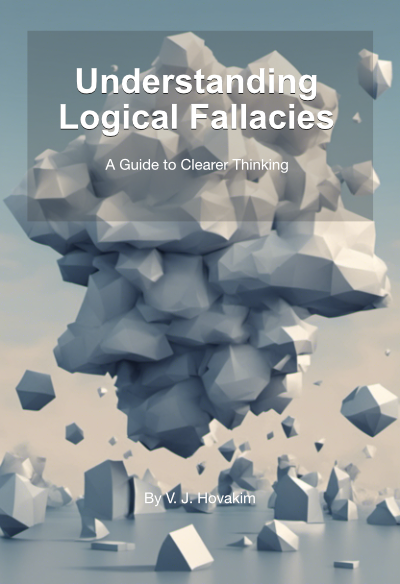
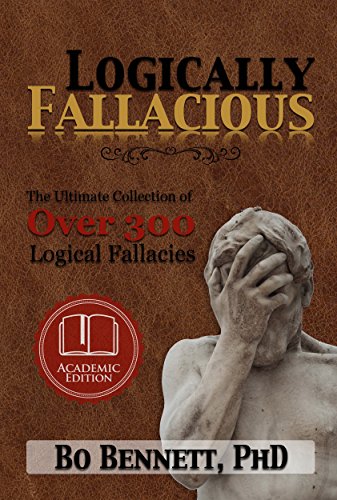
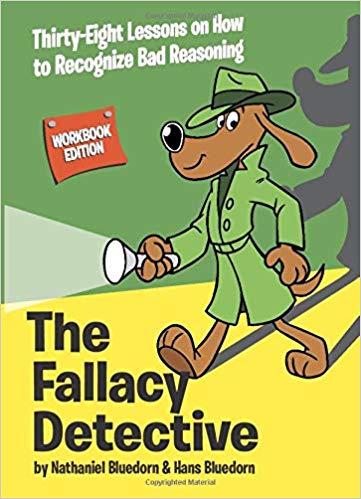
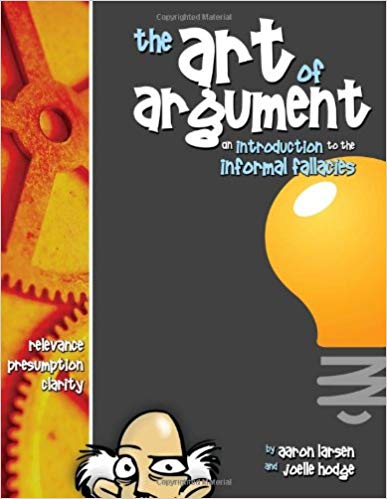
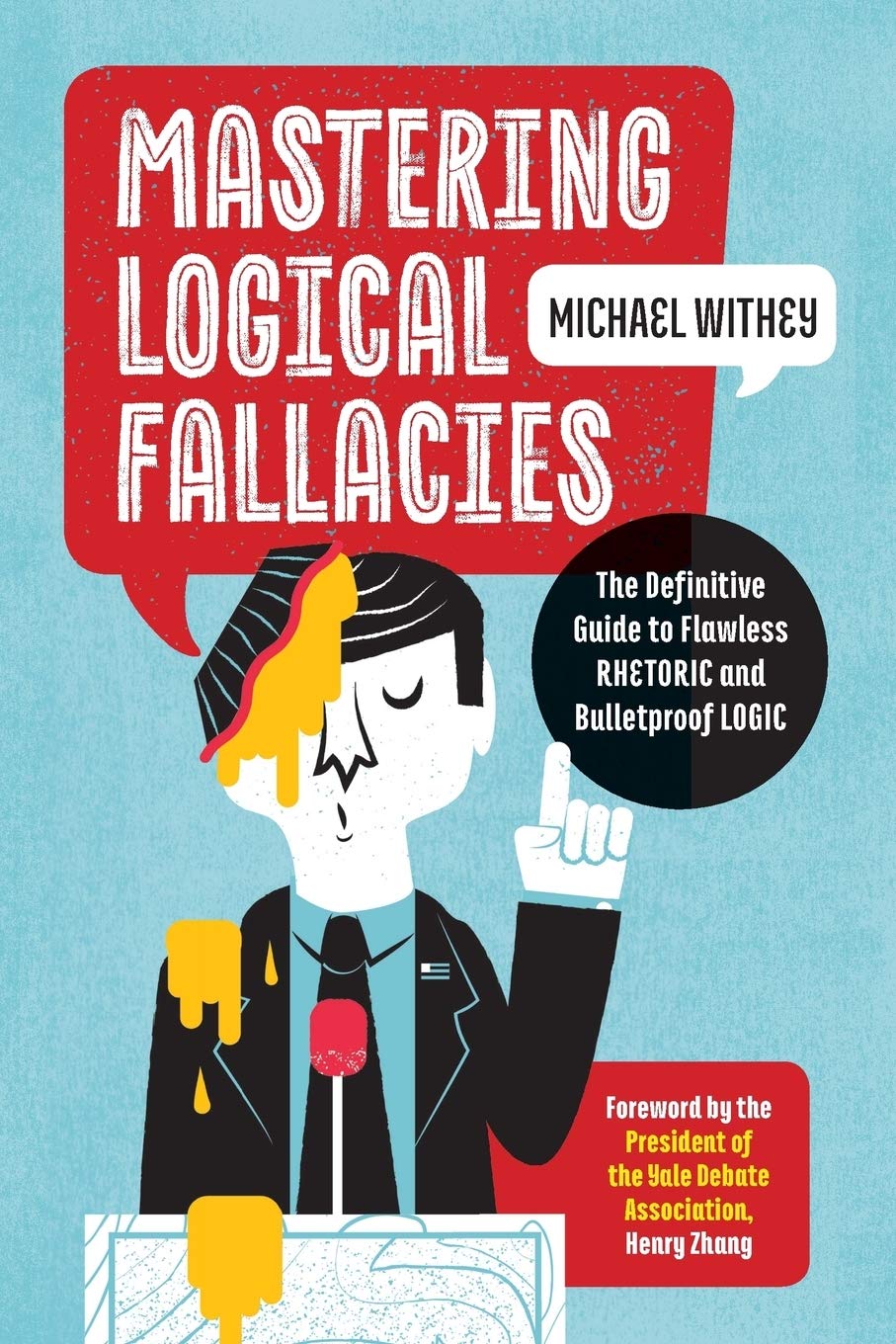
Appeal to TraditionExtended Explanation
The Appeal to Tradition fallacy is an informal fallacy that occurs when a person argues that a particular belief or behavior is correct because it has been done for a long period of time, or because it is part of a long-held tradition. This type of argument is often used to defend existing beliefs or practices, to put forward a particular point of view, or to avoid having to consider dissenting opinions.
The Appeal to Tradition fallacy can be seen as an attempt to justify a belief or action by pointing out that it has been done for a long time and is therefore “right”. It is a form of circular reasoning, as the argument is essentially saying that something is true because it has been done for a long time, and it has been done for a long time because it is true. This type of argument is often used as a way to avoid having to consider other possible explanations or alternative viewpoints.
This type of fallacy is particularly easy to fall into, as it can be tempting to assume that something is correct or better just because it has been done for a long period of time. However, this type of argument does not take into account the possibility that the belief or behavior in question may be outdated or may not apply in the present context. It also does not consider the possibility that the belief or behavior may have been based on incorrect assumptions or outdated information.
The Appeal to Tradition fallacy is an example of a logical fallacy, which is a type of argument that is not based on sound reasoning. It is important to recognize when this type of fallacy is being used, and to be aware of the limitations of this type of argument. When making an argument, it is important to consider all relevant evidence, and to avoid relying on assumptions or outdated beliefs. By doing so, it is possible to make sure that arguments are based on sound reasoning and evidence, rather than on outdated traditions.